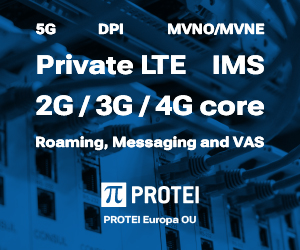At MWC 2024, TechAfrica News engaged in a conversation with Todd Ashton, the Vice President and Head of Ericsson South and East Africa, focusing on the significant potential and the challenges of enhancing connectivity in Africa. With a young population where half is under 30, Africa’s need for robust networks is undeniable.
Todd discussed Ericsson’s journey in Africa, the 4G coverage growth from 7% to nearly 30% since 2020, emphasizing the network effect post the 20% coverage mark. He highlighted the challenges, including the affordability of 4G devices and the necessity for adequate spectrum for mobile operators.
I firmly believe that broadband is a fundamental human right. It’s enlightening to realize that every 1,000 new connections can spawn 8 new job opportunities. Moreover, the empowerment that comes with a woman having a smartphone in a family is evident through increased disposable income.
Todd Ashton, the Vice President and Head of Ericsson South and East Africa
Todd also touched on the rural connectivity issue, pointing out power access and the viability of business models in remote areas. Ericsson’s innovative approaches, such as single-pole solar-powered solutions, demonstrate their commitment to overcoming these obstacles. The conversation delved into the importance of 4G and 5G in bridging the urban-rural digital divide, with Todd asserting that broadband should be seen as a basic human right.
Africa, unfortunately, bears a disproportionate burden of CO2 emissions, which further underscores the urgency of our mission. To address these challenges, it’s essential to eliminate tariffs on mobile phone imports or, alternatively, to encourage local assembly to reduce costs. Such measures not only facilitate broader connectivity but also promote economic sustainability by enabling mobile operators to invest in environmentally friendly network infrastructures.
Todd Ashton, the Vice President and Head of Ericsson South and East Africa
The discussion also covered Ericsson’s efforts to create energy-efficient network solutions and the role of AI and machine learning in optimizing network performance and reducing operational costs. Todd highlighted the progress in countries like Rwanda and Tanzania in expanding 4G coverage, expressing optimism for the future of connectivity in Africa.











